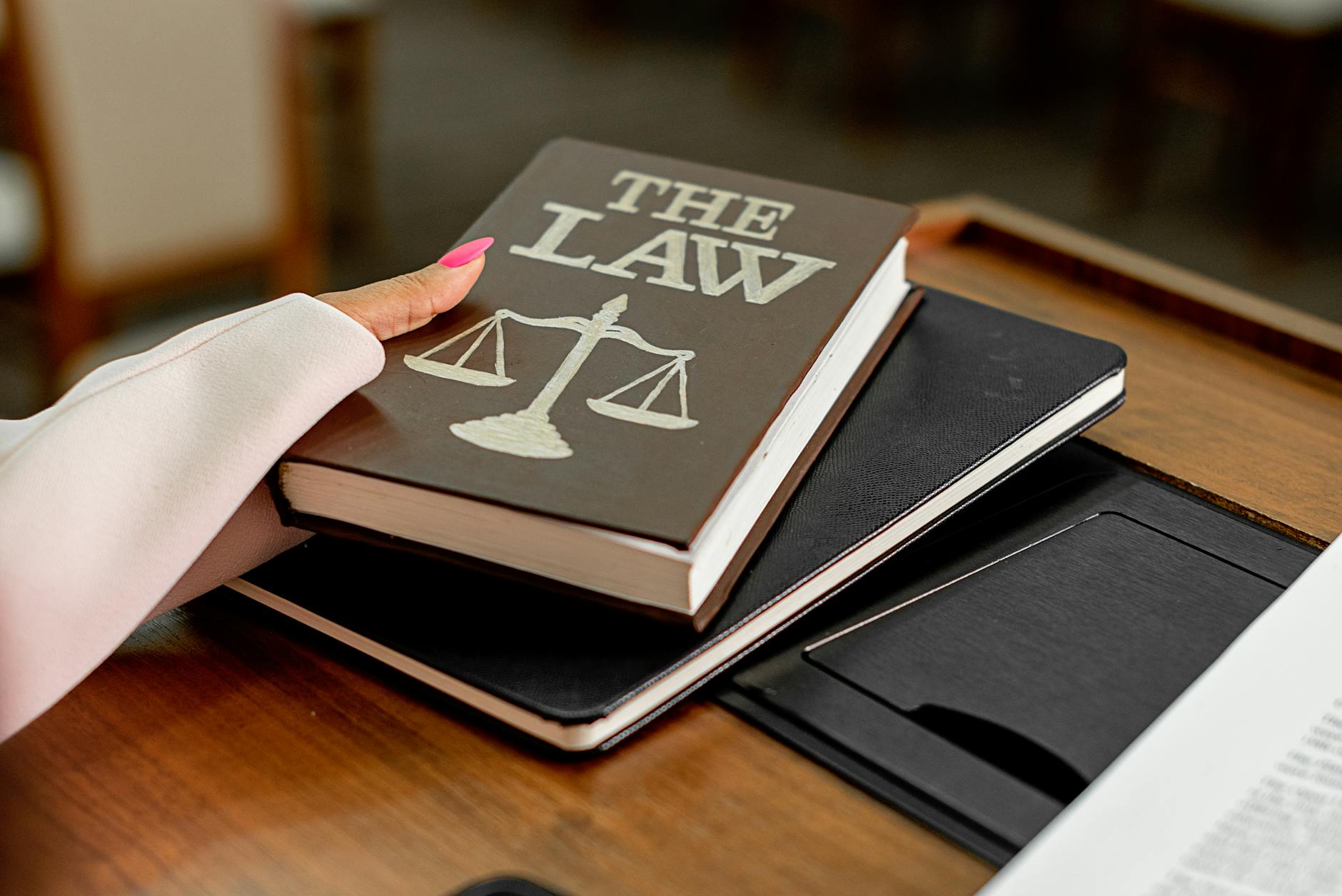

Protecting Your Rights: Intellectual Property, Trademarks, and Patents Explained
Understanding the Basics of Intellectual Property
When it comes to protecting your intellectual property, a proactive approach is key. Implementing robust legal strategies can shield your innovations from infringement and misappropriation. From drafting airtight contracts to ensuring compliance with relevant regulations, every step you take contributes to fortifying your creative assets.
Securing your intellectual property requires expertise and foresight. Consulting with seasoned legal professionals versed in corporate law, trademarks, and patents can equip you with the knowledge and resources needed to safeguard your creations effectively. Whether you're a startup entrepreneur or an established corporation, investing in sound legal advice can pave the way for longterm success and innovation.
1. Why is intellectual property protection essential for business success? Intellectual property protection safeguards your unique ideas and innovations, giving you a competitive edge in the market and fostering trust among consumers. 2. How can I determine which type of intellectual property protection is best for my creations? Consulting with a legal expert specializing in intellectual property can help you assess your needs and identify the most suitable form of protection, whether it's trademarks, patents, or copyrights. 3. What steps should I take if I suspect infringement of my intellectual property rights? If you believe your intellectual property rights have been violated, seeking legal counsel immediately is paramount. A legal professional can guide you through the enforcement process and help you pursue appropriate remedies. 4. How do international laws impact the protection of intellectual property rights? International laws and treaties play a crucial role in governing intellectual property rights across borders, providing a framework for harmonization and enforcement on a global scale. 5. Does intellectual property protection apply to all types of creations, including digital content and software? Yes, intellectual property protection extends to a wide range of creations, including digital content, software programs, artistic works, and innovative technologies. It offers creators the means to safeguard their original works and prevent unauthorized use or reproduction.
